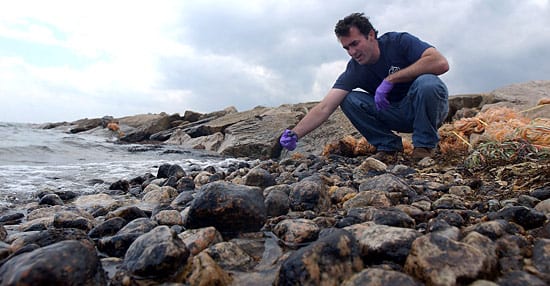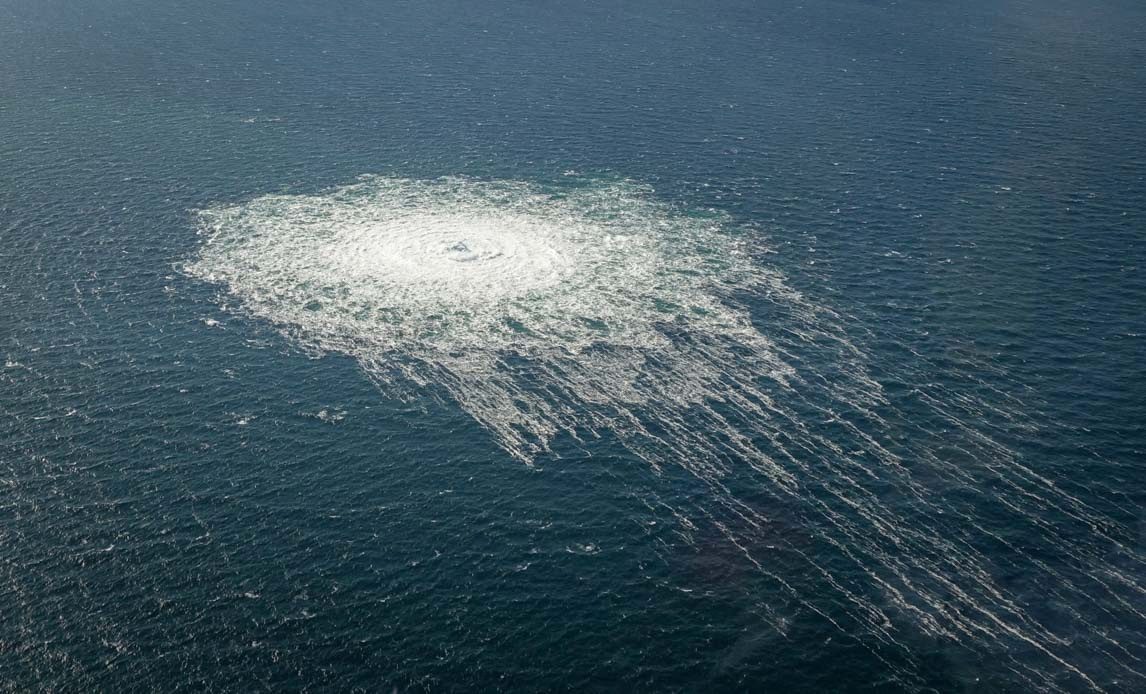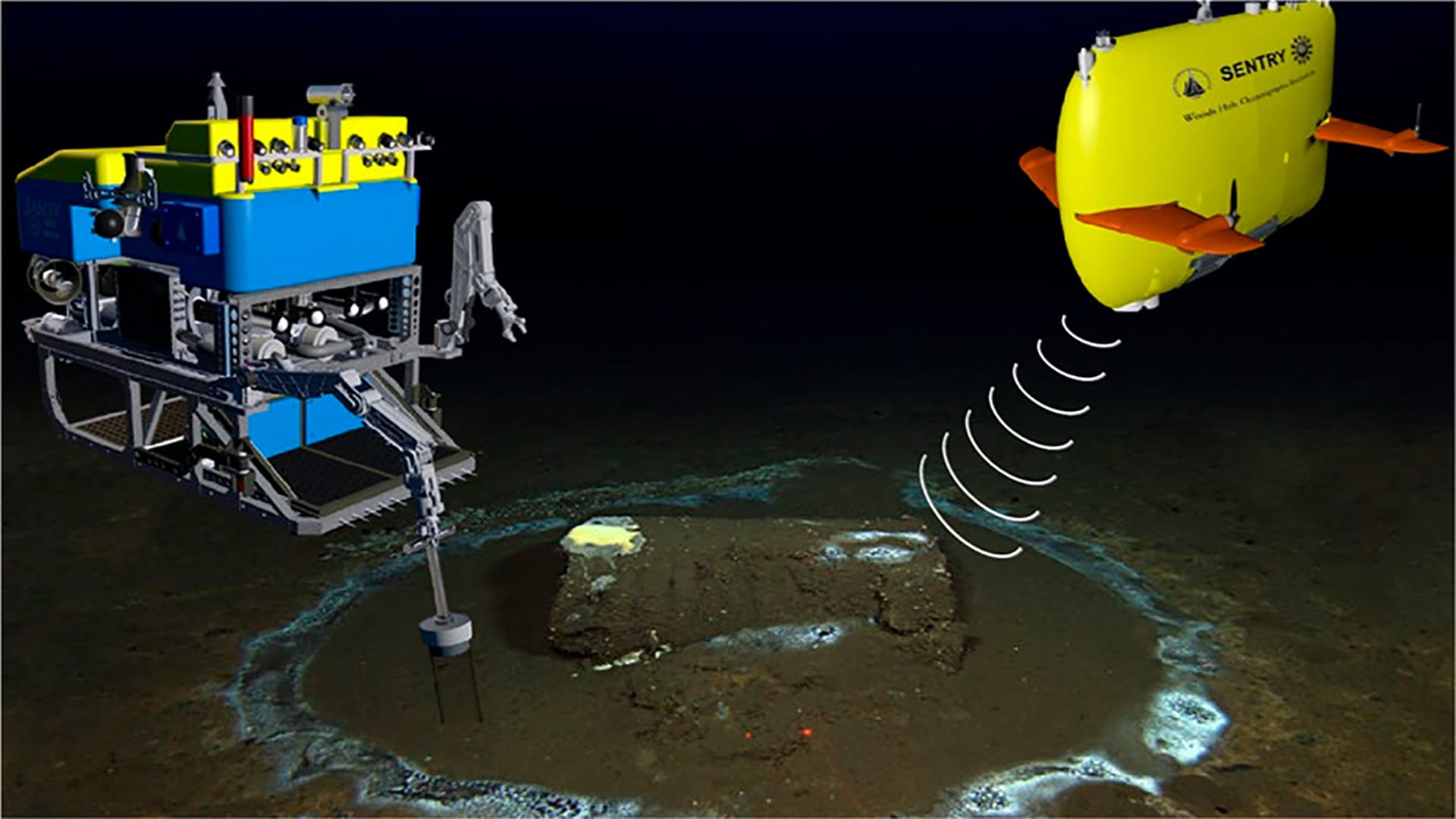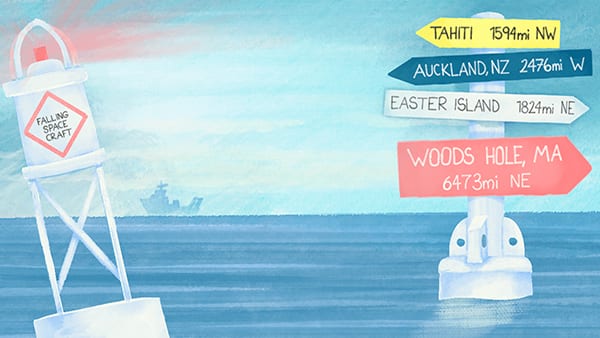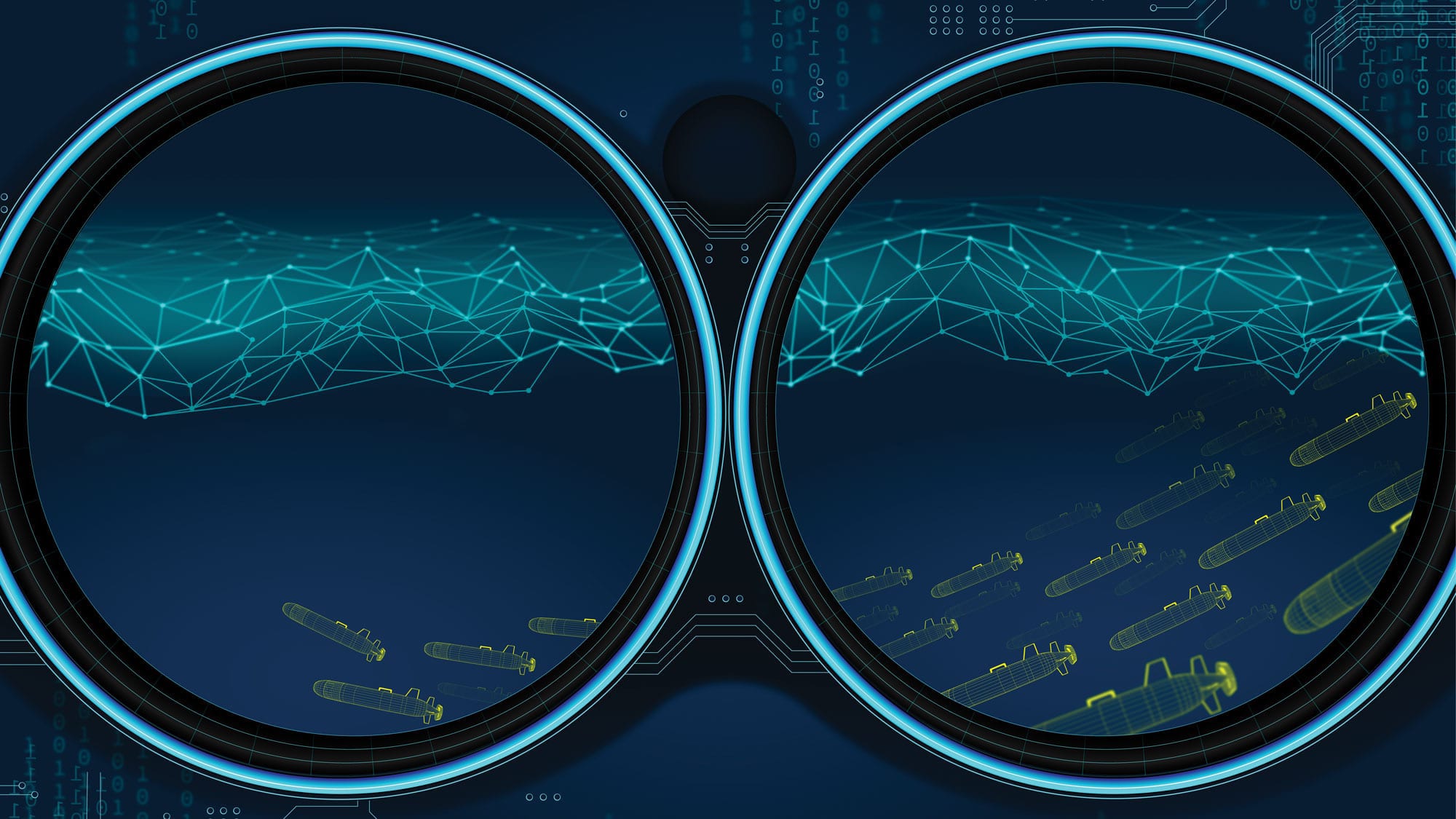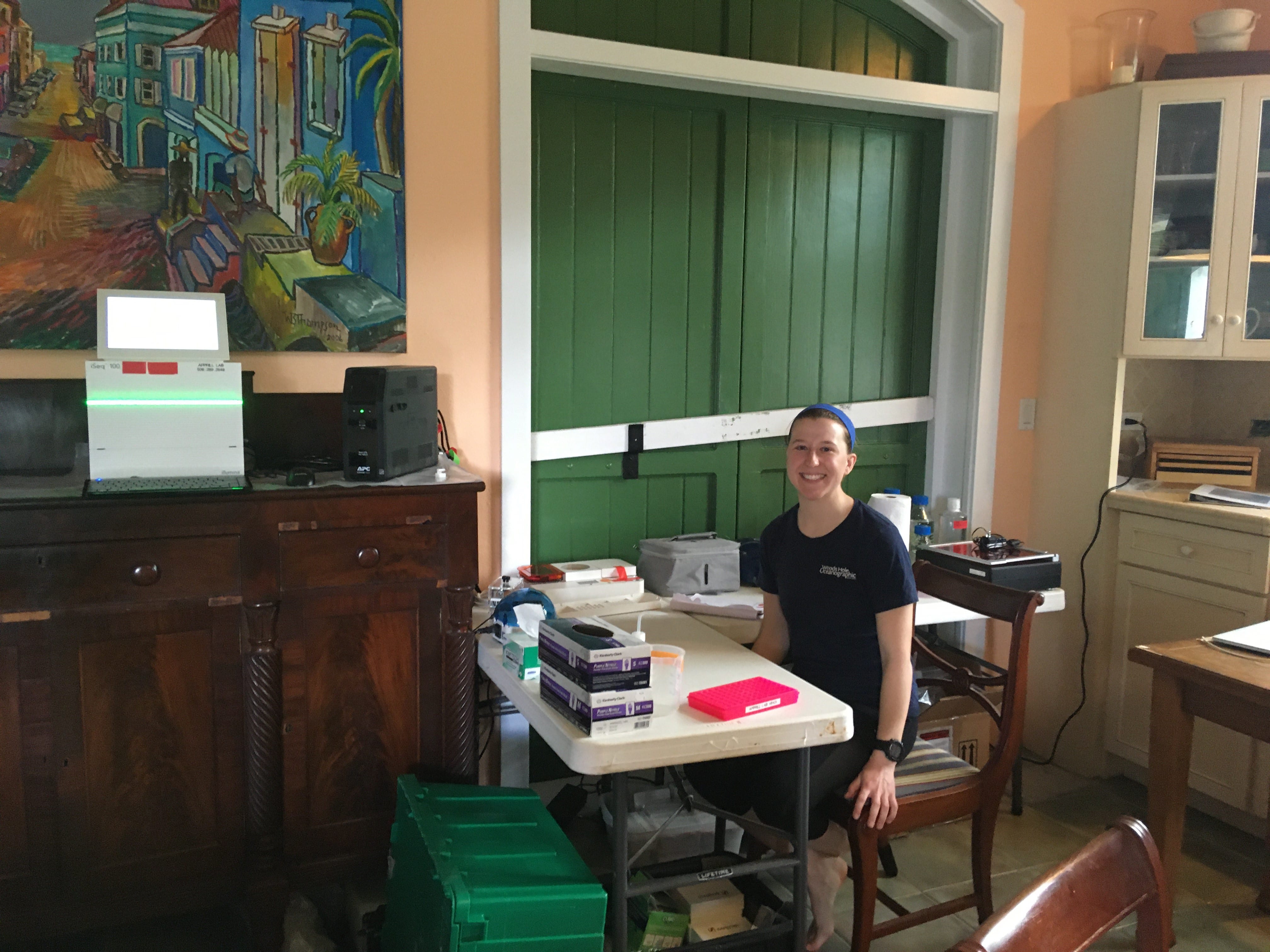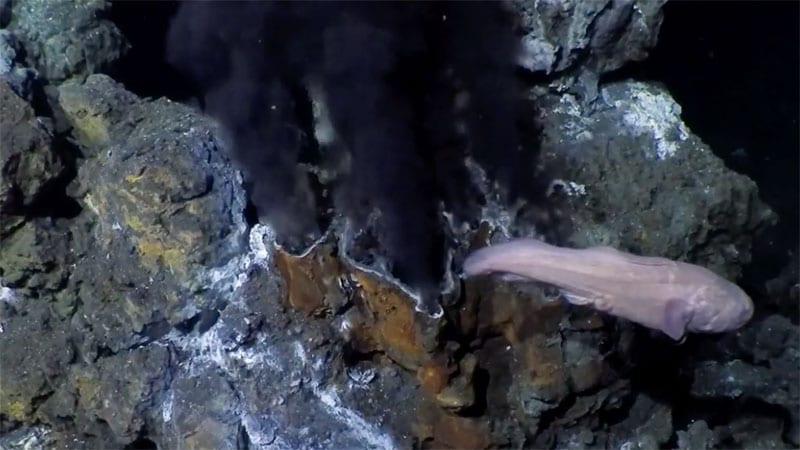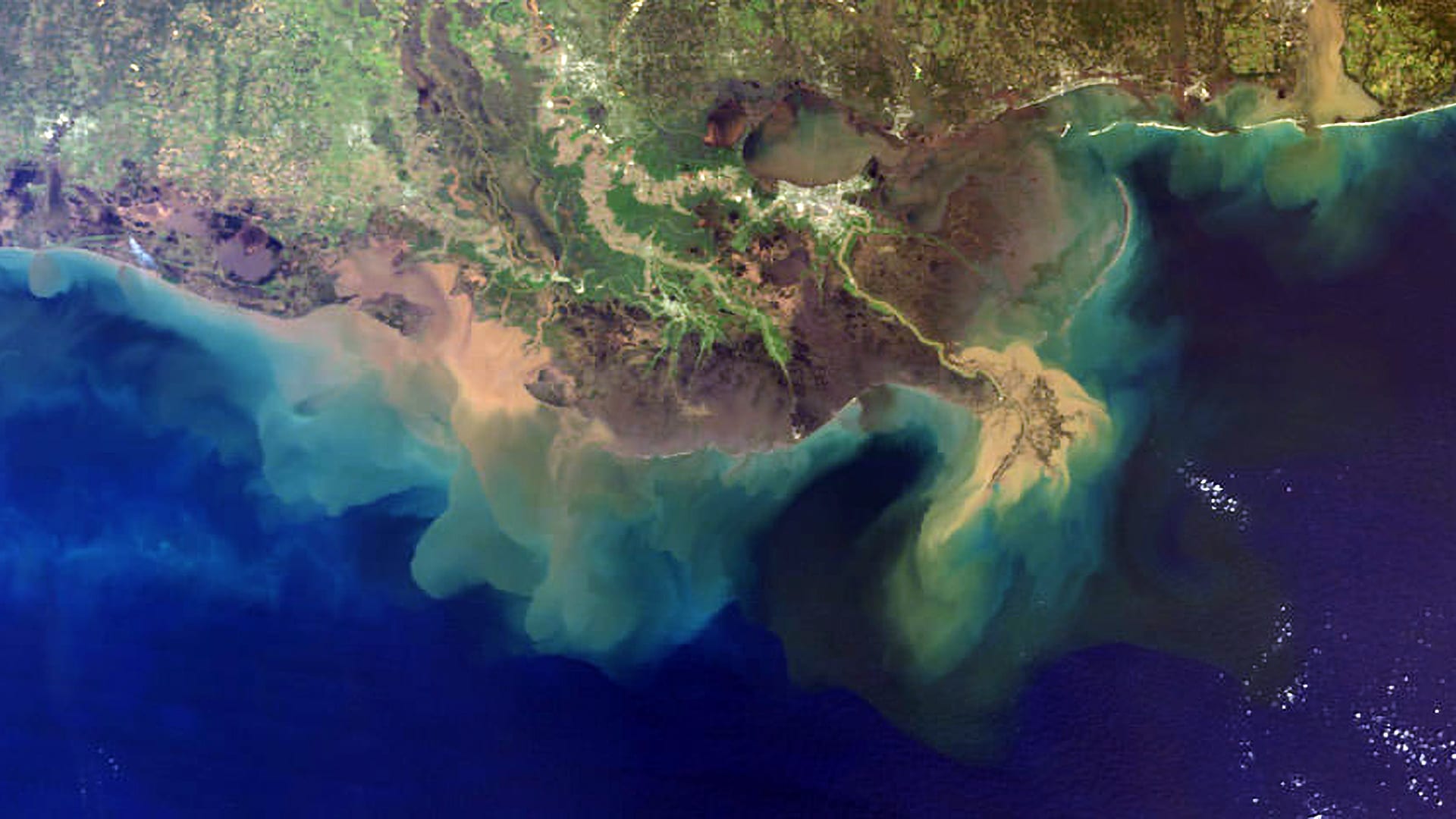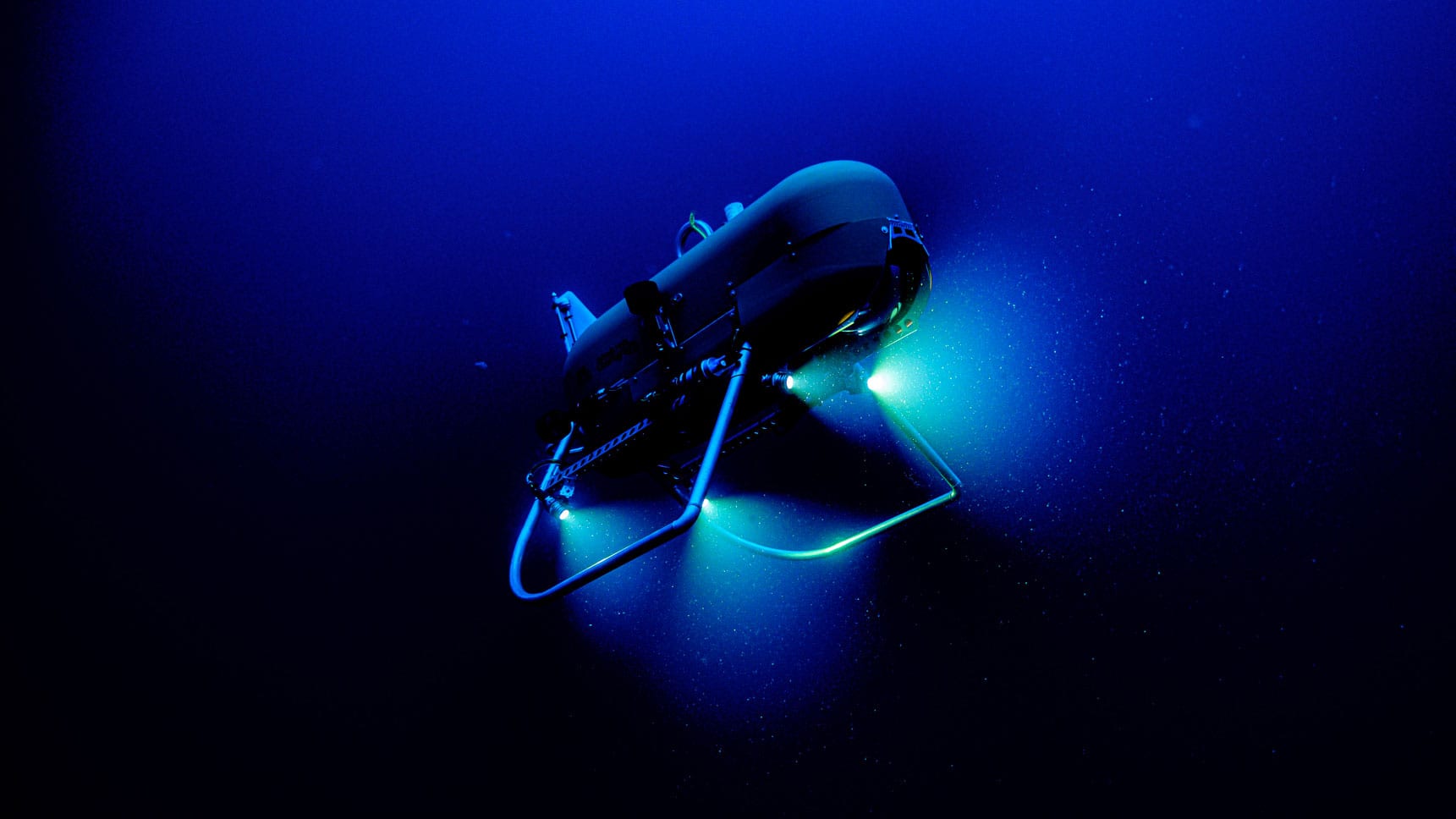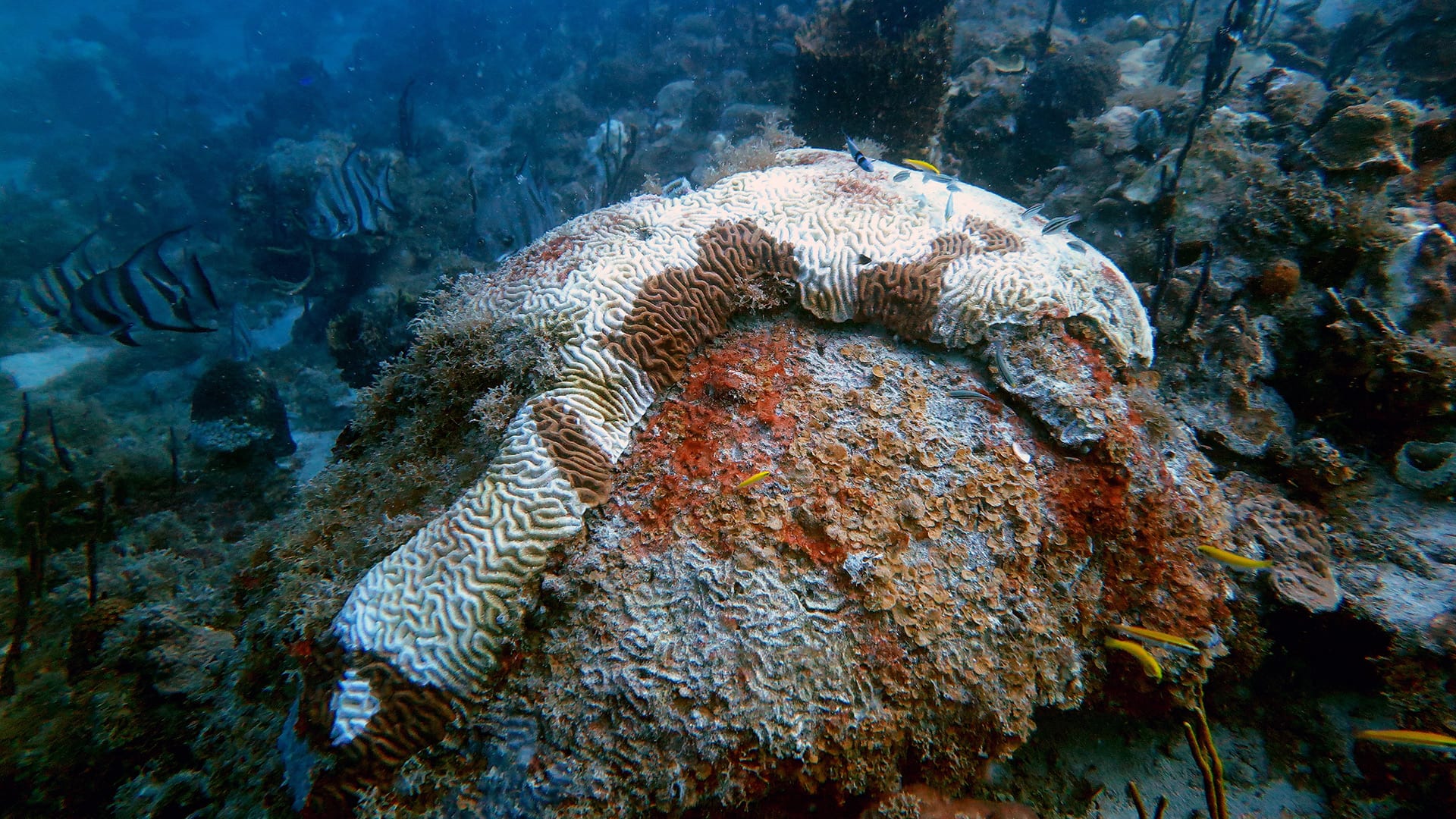News & Insights
Christopher Reddy, Marine Chemist
Oil spills are terrible for the environment, but they also provide an excellent opportunity to study how the ocean and its ecosystems respond to extreme events. Most people see a…
Read MoreEffects of Climate Change and Ocean Acidification on Living Marine Resources
Scott Doney, Senior Scientist Marine Chemistry & Geochemistry Department Woods Hole Oceanographic Institution May 10, 2007 Introduction Good morning Madame Chair, Ranking Member Snowe and members of the Subcommittee. Thank…
Read MoreDeep Sea Challenge: Innovative Partnerships in Ocean Observing
Dr. Susan K. Avery, President and Director Woods Hole Oceanographic Institution June 11, 2013 – Written testimony presented to the U.S. Senate Committee on Commerce, Science, and Transportation Subcommittee on…
Read MoreWhat happens to natural gas in the ocean?
WHOI marine chemist Chris Reddy weighs in on a methane leak in the Baltic Sea
Read MoreWHOI-assisted study finds ocean dumping of DDT waste was “sloppy”
An investigative report this week in the LA Times features the work of WHOI’s marine geochemistry lab in identifying the discarded barrels and analyzing samples from the discovery.
Read MoreMining ancient dust from the ocean’s loneliest spot
Researchers investigate dust from the ocean’s farthest point from land to reconstruct the climactic history of the Southern Hemisphere, and understand how micronutrients have influenced biological productivity in this oceanic desert.
Read MoreSea Ahead
Once upon a time, ocean scientists hung up cans on up a tree on Bikini Atoll to measure wave height in the Marshall Islands during nuclear weapons testing. Today, ocean technologies and data harvesting are heading somewhere big, from swarming bots, to more autonomous submersibles, and the miniaturization of ocean sensors
Read MoreLab shutdowns enable speedier investigation of coral disease
Despite labs shutting down due to the COVID-19 pandemic, WHOI microbiologists are working fast to solve a different kind of outbreak—one travelling below the ocean’s surface and ravaging coral reefs from Florida to the Caribbean.
Read MoreFinding medical answers in the ocean
The test being used to diagnose the novel coronavirus—and other pandemics like AIDS and SARS—was developed with the help of an enzyme isolated from a microbe found in marine hydrothermal vents as well as freshwater hot springs.
Read MoreSpock versus the volcano
Five hundred meters below the calm surface waters of the Aegean Sea off Santorini Island, Greece, lies an active submarine volcano. There, a decision-making robot equipped with artificial intelligence searches for life and danger.
Read MoreThe oceans are losing oxygen, and faster than we thought
WHOI scientists weigh in on a new ICUN report highlighting a 2% decline in marine oxygen levels between 1960 and 2010. The loss of oxygen has triggered an expansion of marine dead zones throughout the global ocean that has put marine life and ecosystems in peril.
Read MoreThe Rise of Orpheus
WHOI’s new deep-sea autonomous underwater vehicle moves one step closer to exploring the hadal zone—the deepest region of the ocean—to search for new clues about the limits of life on Earth, and possibly beyond.
Read MoreThe Rise of Orpheus (Part 2)
WHOI’s new deep-sea autonomous underwater vehicle moves one step closer to exploring the hadal zone—the deepest region of the ocean—to search for new clues about the limits of life on Earth, and possibly beyond.
Read MoreFifty years later, the West Falmouth oil spill yields lasting contributions to remediation efforts
After 175,000 gallons of oil spilled from a barge that ran aground along West Falmouth Harbor, the contaminant has all but disappeared, save a small marsh inlet that continues to serve as a living laboratory for scientists at Woods Hole Oceanographic Institution.
Read MoreVirgin Island Corals in Crisis
A coral disease outbreak that wiped out nearly 80% of stony corals between Florida’s Key Biscayne and Key West during the past two years appears to have spread to the U.S. Virgin Islands (U.S.V.I.), where reefs that were once vibrant and teeming with life are now left skeleton white in the disease’s wake.
Read More
